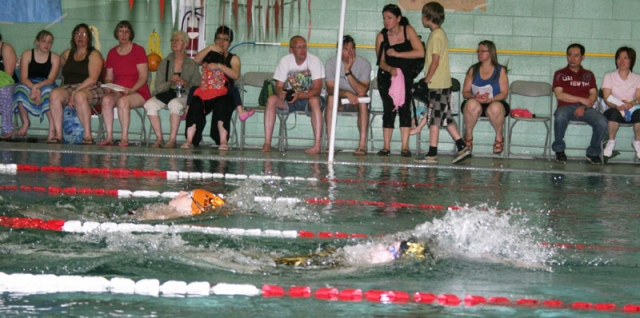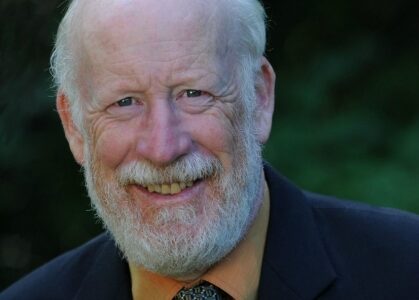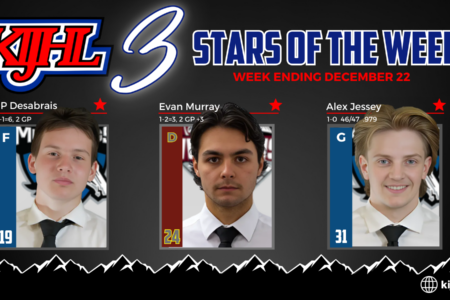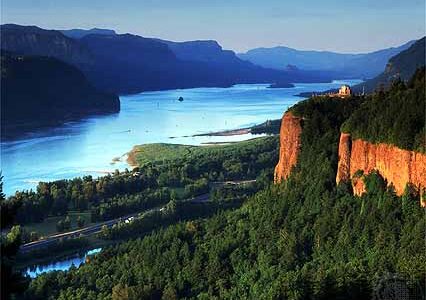No Deal on Recreation
Many Rossland residents are aware that Rossland and Trail have been negotiating for some time to try to reach agreement on the use of Trail’s recreational facilities by Rossland residents. The question was: How much should the City of Rossland pay to the City of Trail each year to enable Rosslanders to use Trail facilities at the same price as Trail residents?
The history: In 2008 Rossland Council decided that it could not afford to contribute the amount of taxpayer money that was being required for Trail’s recreation facilities. The City of Trail adopted a payment policy that required non-Trail residents to pay twice as much as Trail residents: the “Non-Trail Resident Program” rates, in place since 2009. Seasonal property owners and visitors to Rossland, with drivers licences from elsewhere, pay the same fees as Trail residents. Warfield and Beaver Valley eventually came to financial agreements with Trail that enabled their residents to use the facilities for the same price as Trail residents.
Warfield and Trail reached a five-year agreement just this year. Warfield is paying $64,600 to Trail for recreation in the first year, and the costs escalate in each subsequent year to $83,640 per year in 2019. Beaver Valley and Trail reached a one-year deal, with a contribution of $125,000. Area B and Trail are still in negotiations.
Rossland and Trail were in negotiations since June of this year. The final offers from each side were too far apart: Rossland offered to pay Trail $50,000 per year, increasing annually by the cost of living, for 3 years. Trail declined that offer, but was willing to accept $90,000 per year for two years. At a special in camera meeting of Council held on Wednesday, November 4, Rossland City Council regretfully declined to accept Trail’s offer.
Instead, Council will be increasing its budget line for subsidizing Rosslanders’ use of Trail’s Aquatic Centre and Memorial Arena, and will be exploring how best to expand eligibility for those subsidies; at present, they are limited to the members of certain teams, handicapped and seniors.
Council heard from many residents during last year’s election that they wanted this issue resolved. It was clear that the citizens of both communities wanted to see regional collaboration and more cooperation. “With new faces on both Councils and a new spirit of regional cooperation in the air, we genuinely believed that we could craft a deal that would work,” said Rossland Mayor Kathy Moore. “But in the end we just couldn’t afford what Trail was requesting. Rossland already spends 15% of our annual budget on our own recreational facilities and programs. We have other basic and critical needs that must be addressed.”
Moore explained that Rossland’s budget is under pressure from a number of fronts, including its share of the pending Liquid Waste Management Plan, sewage plant upgrades, aging facilities and major infrastructure repairs such as next year’s Washington Street renewal project. With no industrial tax base, Rossland must rely almost entirely on its residential taxpayers.
“While we understand there is a tangible and important value to regional cooperation, our first priority must be to the residents of Rossland and making sure our spending decisions are prudent.”
Moore went on to say, “Unfortunately our two councils were unable to come to an agreement for recreation, but the negotiations were friendly to the end. Both sides are still eager to work together on other shared challenges. Hopefully, in the future all of the local governments in our area can find a lasting solution to the recreational issue.”
After all, even a good snowpack doesn’t solve all of Rossland’s recreational needs.
























Comments